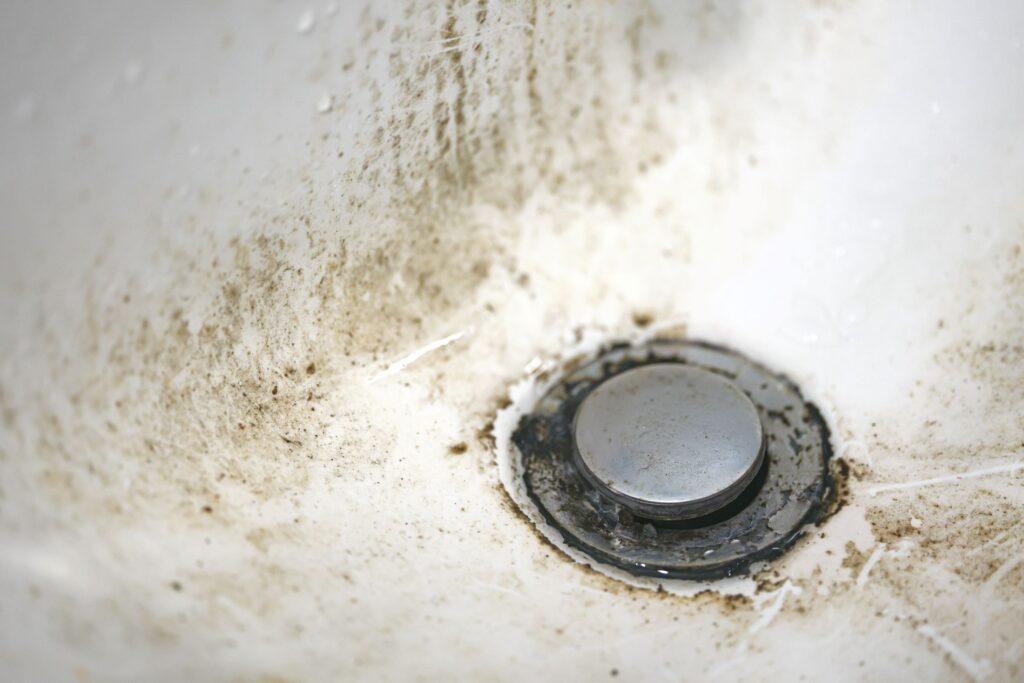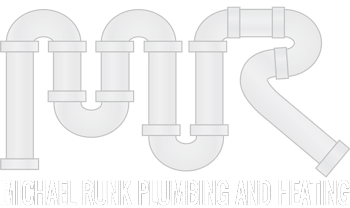At Michael Runk Plumbing and Heating, we understand the frustration and concern that can arise when you notice unpleasant odors emanating from your pipes. Foul smells can quickly turn a comfortable home into an unpleasant environment, and identifying the root cause is crucial for restoring comfort and ensuring the health and safety of your household.

Common Culprits Behind Smelly Pipes
There are several common reasons why your pipes might be emitting unpleasant odors. Understanding these factors can help you address the issue effectively.
Accumulation of Organic Matter
Over time, organic matter such as food particles, grease, and hair can accumulate within your pipes, providing a breeding ground for bacteria and other microorganisms. As these organic materials decompose, they release foul-smelling gasses that can permeate your home.
Blocked or Partially Blocked Drains
Blocked or partially blocked drains can trap stagnant water, leading to the formation of unpleasant odors. Debris, grease buildup, or even tree roots invading your pipes can contribute to blockages, causing water to stagnate and emit foul smells.
Sewer Line Issues
Issues with your sewer line, such as leaks or blockages, can also result in foul odors infiltrating your home. A damaged or deteriorating sewer line can allow sewage gasses to escape into your living space, creating an unpleasant and potentially hazardous situation.
Dry P-Traps
P-Traps are curved sections of pipe located beneath sinks, showers, and other fixtures. These traps are designed to hold water, creating a barrier that prevents sewer gasses from entering your home. However, if a fixture is not used regularly, the water in the P-Trap can evaporate, allowing odors to enter your living space.
Mold and Mildew Growth
Moisture-laden environments within your plumbing system can promote the growth of mold and mildew, which can produce musty or earthy odors. Leaky pipes, improperly sealed connections, or insufficient ventilation can contribute to mold and mildew growth within your plumbing system.
Addressing the Issue
If you’re experiencing foul odors emanating from your pipes, it’s essential to take action promptly to identify and address the underlying cause. While some minor issues can be resolved with DIY methods, more complex problems may require professional assistance.
Regular Maintenance
Routine maintenance is key to preventing odorous plumbing issues. Schedule regular inspections and maintenance services with a qualified plumbing professional to keep your pipes in optimal condition and address any potential issues before they escalate.
Proper Disposal Practices
Dispose of food scraps, grease, and other waste properly to prevent them from accumulating in your pipes. Avoid pouring grease down the drain and use drain strainers to catch hair and debris before they can cause blockages.
Use Water Fixtures Regularly
To prevent water in P-Traps from evaporating, make sure to use all fixtures in your home regularly. If you have a guest bathroom or other infrequently used fixtures, periodically run water to maintain the water barrier in the P-Traps.
Professional Inspection and Repairs
If you’re unable to identify or resolve the source of the odor on your own, don’t hesitate to contact a professional plumbing technician for assistance. A skilled plumber can conduct a thorough inspection of your plumbing system, identify any underlying issues, and recommend appropriate repairs or solutions.
Get Help from Michael Runk
Foul odors emanating from your pipes can indicate a range of underlying issues, from minor blockages to more serious sewer line problems. By understanding the common causes of smelly pipes and taking proactive measures to address them, you can maintain a clean, comfortable, and odor-free home environment for you and your family. If you’re experiencing persistent or severe odors, don’t hesitate to reach out to us at Michael Runk Plumbing and Heating, we’re here to help you!
